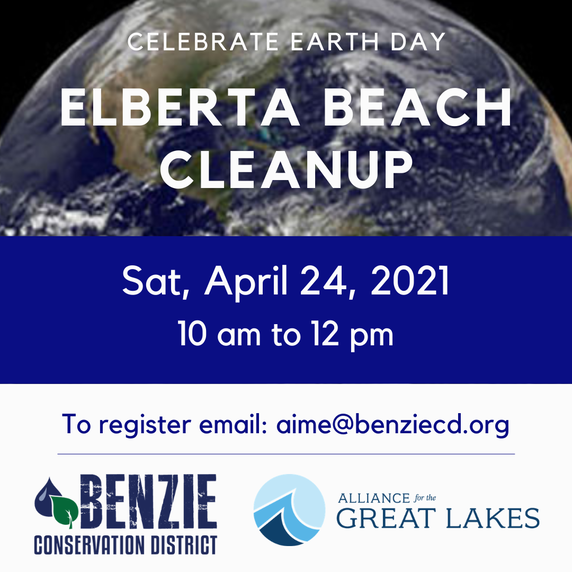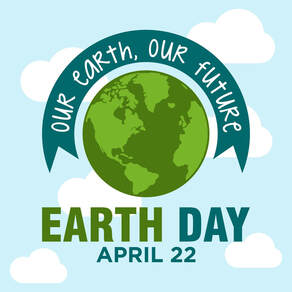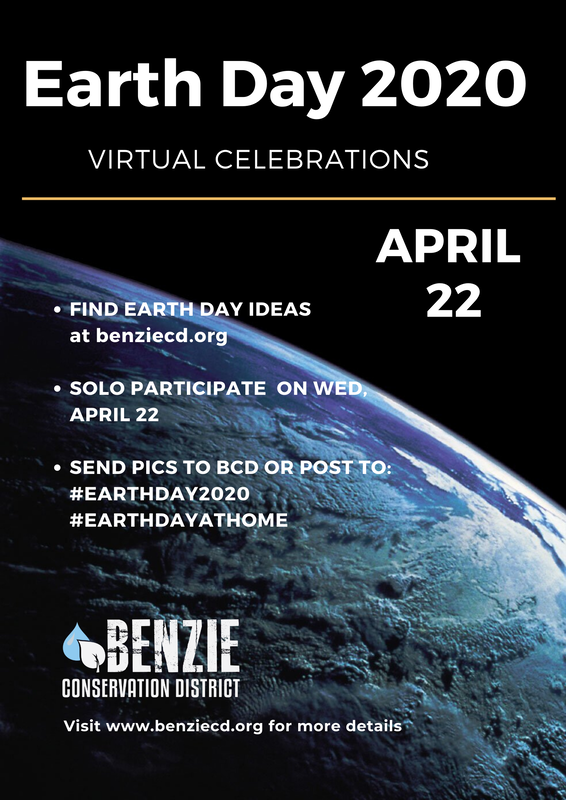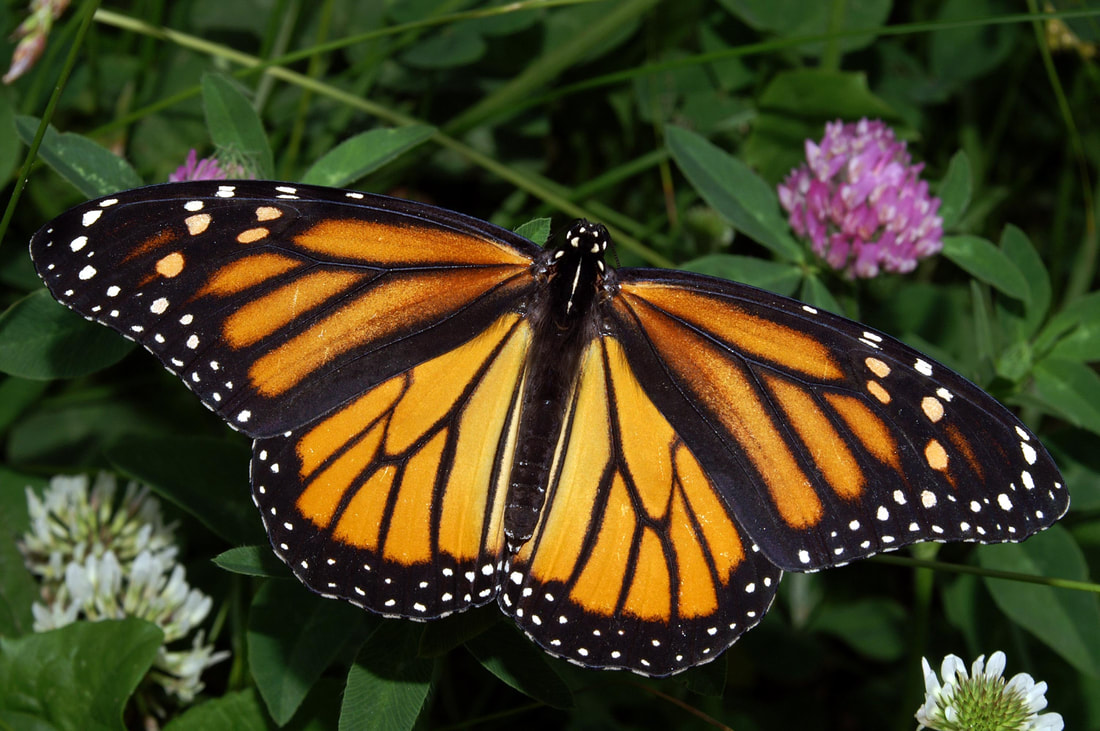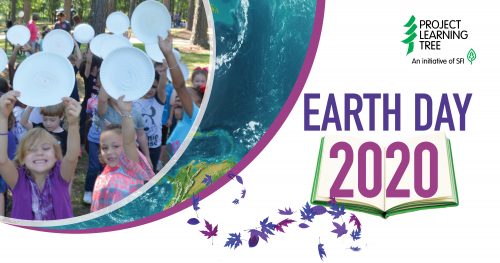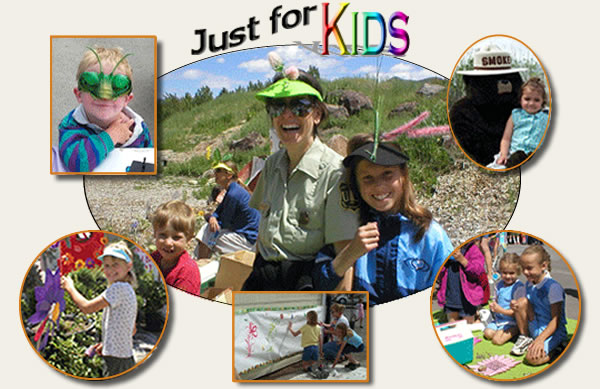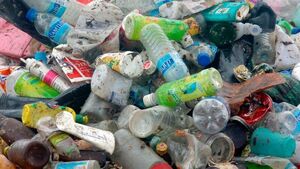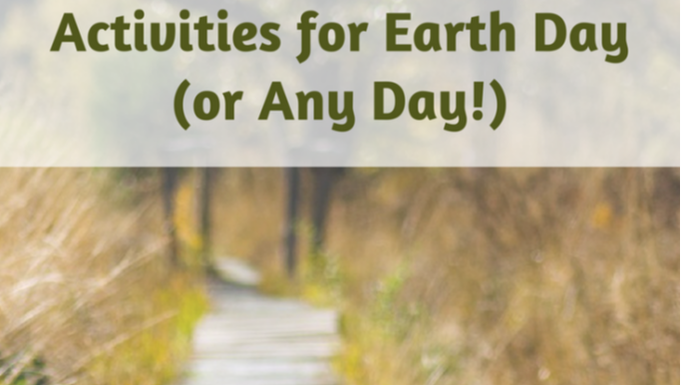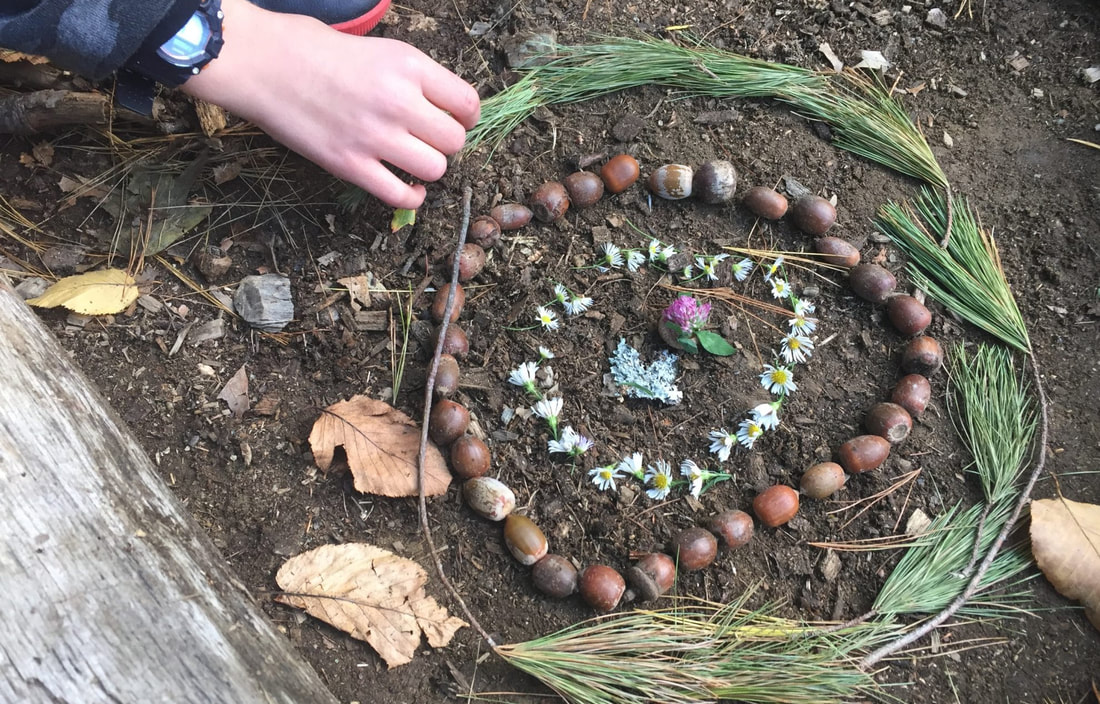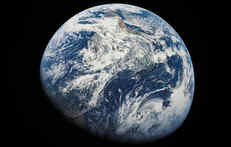April 22 is the 50th anniversary of Earth Day!
|
This year's theme is: CLIMATE ACTION.
In 2020, we find ourselves coming together by staying at home because of a pandemic virus that is ravaging our world. It is a sobering time but also a time for reflection and dedication to protecting our precious resources and planet. Here's a great opportunity to help mitigate climate change from our corner of the earth. |
EARTH DAY IDEAS
Know Your H20: Earth Week ChallengeMany of us take the water flowing from our taps at home for granted. The average American uses 80-100 gallons of water per day. Living in the Great Lakes region, it’s hard to imagine life without water.
|
|
EARTH DAY RESOURCES
H.O.M.E. Lessons about Great LakesClick here to learn more about the H.O.M.E. lessons offered through the Alliance for the Great Lakes.
H.O.M.E. Lessons about Great LakesClick here to learn more about the H.O.M.E.S. Home lessons offered through Michigan Sea Grant
Science & Nature Activities for Cooped Up Kids |
Protect Our SpeciesProject Learning TreeJust for Kids! |
End Plastic Pollution12 Nature Walk IdeasGo Wild: Things Your Kids Can Do Outside |
Weekly Online Events thru Global Oneness ProjectJoin us on a webinar at Global Oneness Project inviting students from around the world to participate in a Photo Contest about our home, Earth on the day AFTER Earth Day 2020. |
THE FIRST EARTH DAY
Every year on April 22, Earth Day marks the anniversary of the birth of the modern environmental movement in 1970.
As we prepare to mark 50 years of Earth Day in 2020, let’s take a look at the last half-century of mobilization for action:
ORIGINS OF EARTH DAY
Earth Day 1970 gave a voice to an emerging public consciousness about the state of our planet —
In the decades leading up to the first Earth Day, Americans were consuming vast amounts of leaded gas through massive and inefficient automobiles. Industry belched out smoke and sludge with little fear of the consequences from either the law or bad press. Air pollution was commonly accepted as the smell of prosperity. Until this point, mainstream America remained largely oblivious to environmental concerns and how a polluted environment threatens human health.
However, the stage was set for change with the publication of Rachel Carson’s New York Times bestseller Silent Spring in 1962. The book represented a watershed moment, selling more than 500,000 copies in 24 countries as it raised public awareness and concern for living organisms, the environment and the inextricable links between pollution and public health.
Earth Day 1970 would come to provide a voice to this emerging environmental consciousness, channeling the energy of the anti-war protest movement to put environmental concerns on the front page.
Every year on April 22, Earth Day marks the anniversary of the birth of the modern environmental movement in 1970.
As we prepare to mark 50 years of Earth Day in 2020, let’s take a look at the last half-century of mobilization for action:
ORIGINS OF EARTH DAY
Earth Day 1970 gave a voice to an emerging public consciousness about the state of our planet —
In the decades leading up to the first Earth Day, Americans were consuming vast amounts of leaded gas through massive and inefficient automobiles. Industry belched out smoke and sludge with little fear of the consequences from either the law or bad press. Air pollution was commonly accepted as the smell of prosperity. Until this point, mainstream America remained largely oblivious to environmental concerns and how a polluted environment threatens human health.
However, the stage was set for change with the publication of Rachel Carson’s New York Times bestseller Silent Spring in 1962. The book represented a watershed moment, selling more than 500,000 copies in 24 countries as it raised public awareness and concern for living organisms, the environment and the inextricable links between pollution and public health.
Earth Day 1970 would come to provide a voice to this emerging environmental consciousness, channeling the energy of the anti-war protest movement to put environmental concerns on the front page.
